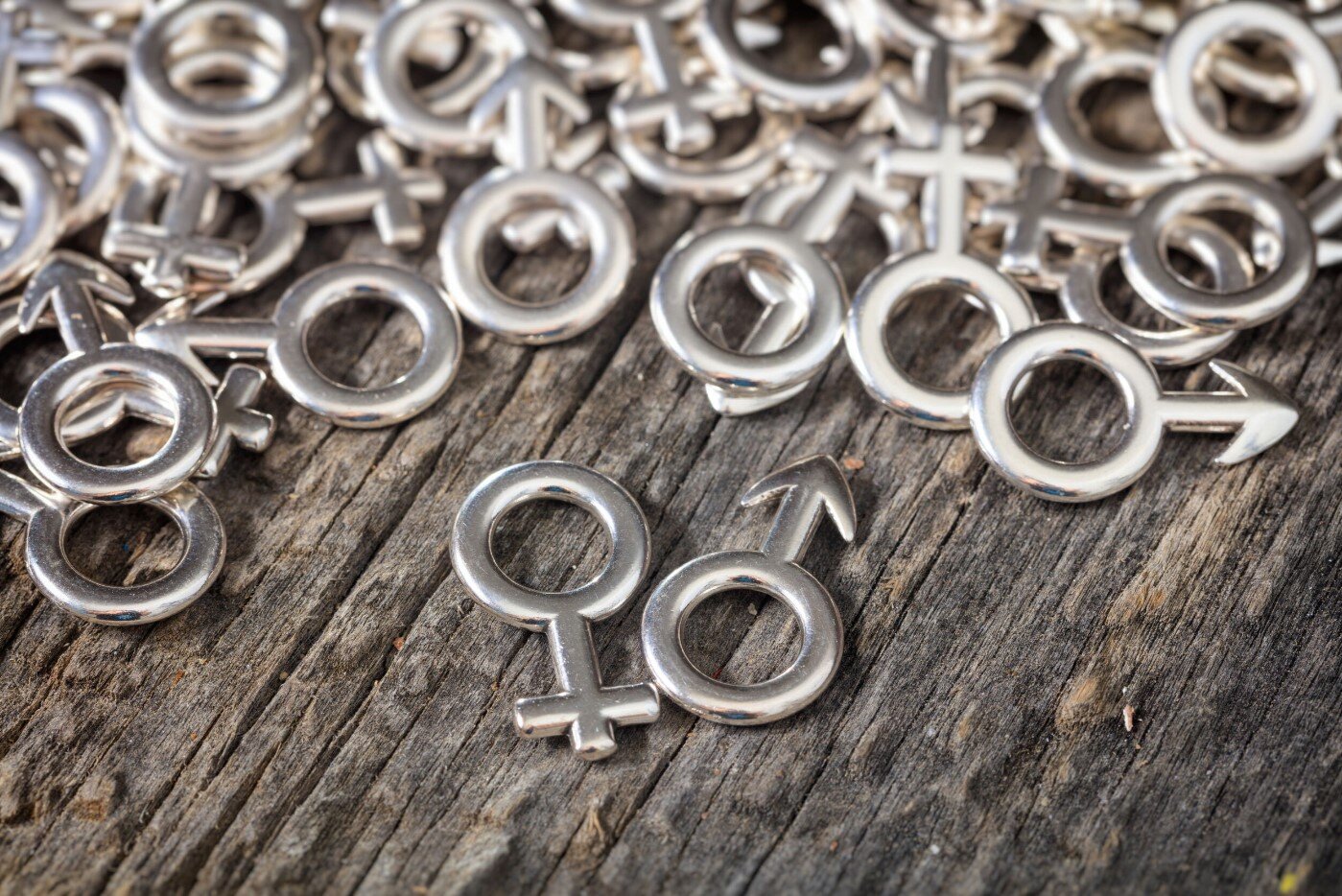
Open letter to the EPATH 2021 conference
An open letter to the European Professional Association for Transgender Health (EPATH) is being released today. It comes from an international alliance of organisations seeking to promote safe, compassionate, ethical and evidence-based health care for children, adolescents and young adults with gender dysphoria, and to balance the rights of transgender people with the protection of children and young people.
As EPATH hosts a three-day conference in Gothenburg on specialist transgender health issues, the alliance, which includes 22 organisations in 13 countries, is calling on these experts to first address the reasons for the surge in gender-identifying adolescents, especially adolescent girls. Over the past decade there has been a 3000% increase in the number of young people seeking treatment for gender dysphoria at the UK's largest gender clinic. In the United States, nearly one in ten teenagers now report having a transgender identity, whereas in the previous decade, an estimated 2 to 14 in every 100,000 people identified as transgender. Young girls are now the main category treated by specialist doctors.
In many European countries, young people aged 16 and under, with no significant history of gender dysphoria in childhood, are prescribed antagonistic hormones and undergo invasive surgeries without thorough assessment. These practices, based on the recommendations of the World Association of Transgender Health Professionals (WPATH), and falsely presented as "guidelines" in the field, assume that a young person has the capacity of discernment to act on his or her body and that, therefore, he or she should be supported without question in affirming his or her desired gender and bringing his or her body into conformity with it (the so-called "trans affirmative approach").
However recent studies show the significant and irreversible negative consequences of antagonistic hormone treatments and the lack of certainty about their long-term benefits on quality of life. On this basis, Great Britain, Sweden and Finland have decided on moratoria on the prescription of puberty blockers and hormones to children and adolescents, and these countries are reconsidering protocols for supporting young people, distancing themselves from the WPATH recommendations.
The signatory organisations of the open letter, which cover a wide spectrum of stakeholders ranging from young people suffering or having suffered from gender dysphoria, parents, LGBT associations, to doctors, call on EPATH to be more circumspect in the medicalisation of young people with gender questions.
They also call for a transparent, open and non-politicised debate on this highly publicised issue, so that the highest standards of care are provided to young people expressing gender related suffering, while respecting the precautionary principle.
EPATH
Succalaan 26
Destelbergen 9070 Belgium
August 11, 2021
Open letter to EPATH
Dear EPATH National Conference 2021 Representatives,
We are an international alliance of organisations seeking to promote safe, compassionate, ethical and evidence-based healthcare for children, adolescents and young adults with gender dysphoria. We represent thousands of people, from those who have experienced gender dysphoria to parents, doctors and members of the LGB community. As EPATH holds a three day conference in Gothenburg, we have a number of questions we would like EPATH to answer:
The epidemiology of paediatric cases has changed markedly from prepubescent males to adolescent girls, now the largest group consulting transgender health specialists. What plans does EPATH have to produce more objective research and statistics on this phenomenon, especially in terms of social factors?
Recent epidemiological shifts remain poorly understood and have profound implications for treatment decisions. Since they were not included in the basic research evaluating medical treatment of gender dysphoric minors, how does EPATH seek to correct this?
How will EPATH guidelines account for the high levels of mental health and neurocognitive comorbidities - particularly autism - among cases of gender dysphoria?
Where medical transition occurs on the basis of a superficial assessment and is later regretted, what measures does EPATH set in place to ensure that such poor clinical practice is corrected?
The UK National Institute of Health and Care Excellence states that the potential benefits of hormones must be weighed against their largely unknown long-term safety profile when it comes to children and adolescents with gender dysphoria. How does EPATH intend to conduct prospective, longitudinal, ethically approved research on gender dysphoria in children and adolescents?
The correlation between gender dysphoria and suicidality side-lines the precautionary principle. Most research on this relationship is biased and of poor quality. How does EPATH intend to demonstrate the suicide rates being claimed?
Gender non-conforming behaviours and interests in childhood are highly predictive of homosexual orientation in adulthood. How do EPATH guidelines safeguard against conversion therapy under another name?
We are confident that EPATH will agree with us that young people with gender issues deserve quality support, based on impartial and up-to-date medical evidence. In this spirit, we look forward to their responses to our questions.
Signatories:
AMQG (Switzerland)
Bayswater Support (UK)
Gender Dysphoria Alliance (Canada)
Gender Dysphoria Support Network (Europe)
GENID (Sweden, Norway)
Genspect (international)
Kirjo (Finland)
La Petite Sirène (France)
LGB Alliance
No Corpo Certo (Brazil)
Our Duty (UK, Germany, Australia, USA)
Parents of ROGD Kids (UK, Germany, USA)
Post Trans (Belgium)
Thoughtful Therapists (UK and Ireland)
TransTeens Sorge berechtigt (Germany)
